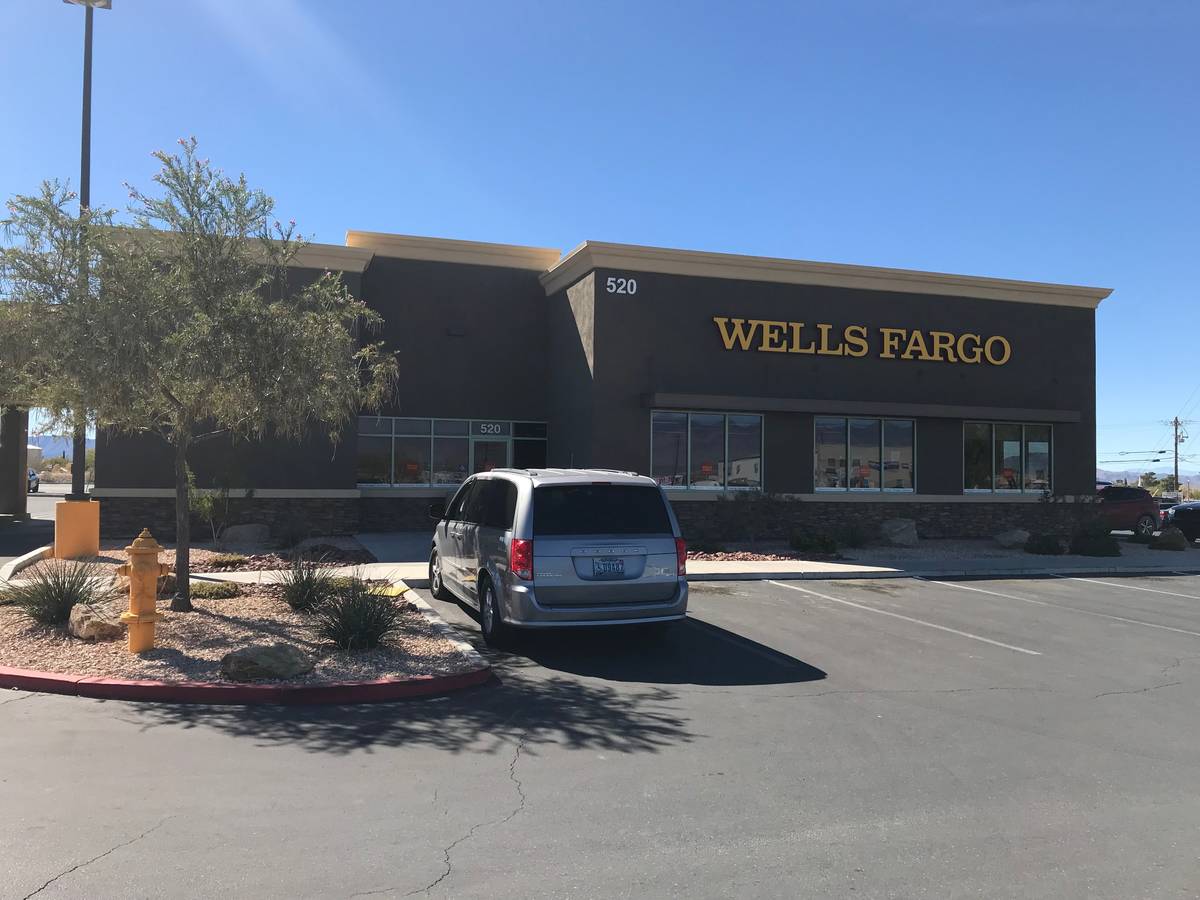Wells Fargo expands free financial coaching services
With record numbers of Nevada adults filing for unemployment, and many people facing a lower income amid COVID-19, the Wells Fargo Foundation is supporting national nonprofits in expanding virtual financial coaching services, cost free, to help the public adapt in these challenging times.
These efforts are part of the Wells Foundation’s $175 million commitment to help vulnerable populations navigate through the pandemic, with more than 3,000 grants awarded since March to address public health needs, small business, housing and financial stability challenges.
“COVID-19 is having an acute impact on millions of people who have lost income and are facing immediate and evolving concerns about their financial security. The situation is changing rapidly, and the path for accessing government benefits and other assistance can be confusing and stressful,” said Darlene Goins, head of financial health philanthropy for the Wells Fargo Foundation. “We want all people to know that financial coaches and counselors provided by nonprofit organizations can assist them with applying for public benefits, figuring out which bills to pay first, where to go for help with rent and other household expenses and start planning for recovery in a manner that respects their personal situation and preserves financial dignity.”
Nonprofits offering independent, personalized and confidential financial coaching and counseling sessions by phone, live chat or video with grant support from Wells Fargo include the Association for Financial Counseling and Planning Education, the Cities for Financial Empowerment Fund, the National Disability Institute and the National Foundation for Credit Counseling.
Individuals or families struggling to pay for rent, groceries and basic needs, worried about debt or facing other financial hardships can sign up to meet virtually with an AFCPE-certified financial coach or counselor for free at www.yellowribbonnetwork.org/afcpecovid19.
The Cities for Financial Empowerment Fund offers remote, bilingual, professional financial counseling as a free public service for underserved residents in cities across the U.S. to help people open bank accounts, pay down debt, and address other financial challenges. Visit www.fecpublic.org/about for a list of locations.
For the 100 million people with disabilities and chronic health conditions in the U.S., visit the Financial Resilience Center for accessible emergency resources, financial wellness guidance in partnership with LifeCents and free financial counseling with an AFCPE-certified financial coach with disability-related expertise.
Contact the NFCC’s Coronavirus Financial Toolkit for resources and assistance with managing creditors or debt. Call 1-844-865-1971 or visit https://www.nfcc.org/locator/ to connect free with a NFCC-certified financial counselor in English or Spanish.
Individuals and families can reach out to one or more nonprofits to assess whether the assistance offered is right for their specific needs, including finding local resources for food, clothing, shelter and other basic needs; creating a household budget to maximize current funds and prepare for future emergencies; prioritizing bills and expenses to cover daily necessities and plan for the future; applying for unemployment benefits, SNAP benefits, and other financial recovery resources; opening bank accounts and using digital tools to manage money and pay bills remotely; and building and protecting credit, including options for managing debt.

















